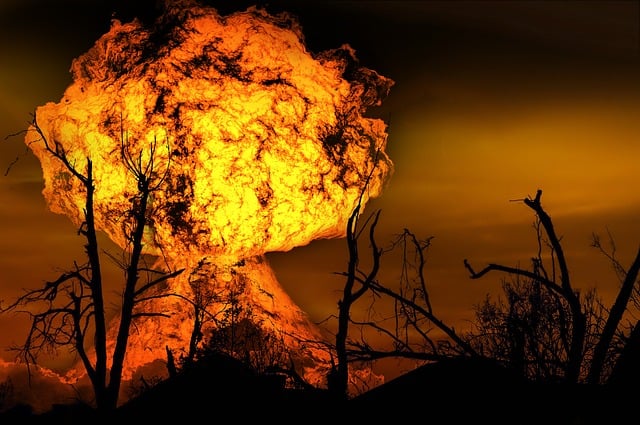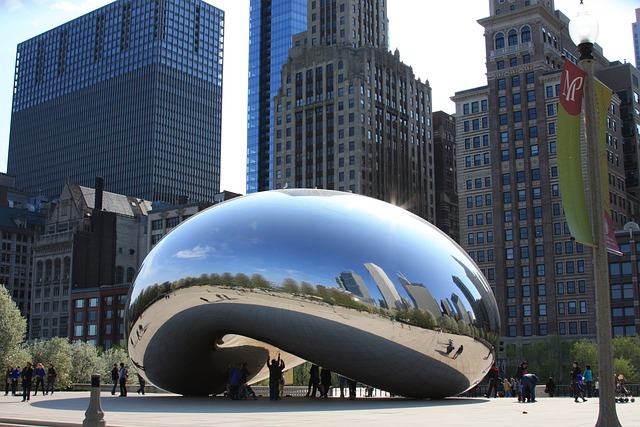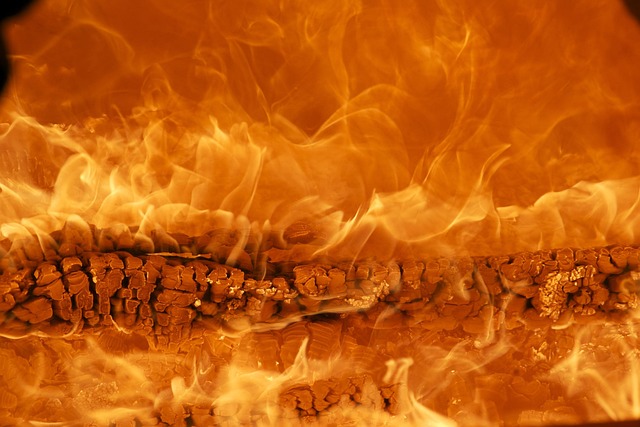In Illinois, including Chicago, selling fire-damaged houses presents unique opportunities for investors and homebuyers. The process involves assessing structural damage, conducting professional inspections, repairing hazards, and adhering to state laws on transfers, environmental standards, disclosures, zoning, building codes, tax implications, and insurance claims. Strategic marketing and timely repairs enhance property value, while professional restoration services ensure quality work. Key SEO keyword: sell fire damaged house Chicago.
Illinois, particularly Chicago, experiences a unique real estate phenomenon through distressed property sales. Understanding these sales is crucial for investors and homeowners alike, especially when navigating the process of selling a fire-damaged house in Chicago. This article delves into the intricacies of distressed property transactions, covering legal considerations, regulations, and strategies for successful sales. Learn how to navigate this complex landscape, including key steps for selling a fire-damaged home in Chicago effectively.
- Understanding Distressed Property Sales in Illinois
- The Process of Selling a Fire-Damaged House in Chicago
- Legal Considerations and Regulations
- Strategies for Successful Distressed Property Sales
Understanding Distressed Property Sales in Illinois

In Illinois, distressed property sales encompass a range of real estate transactions involving properties that have experienced financial or physical distress, such as foreclosure, bankruptcy, or damage from natural disasters like fires. One specific niche within this sector is the sale of fire-damaged homes in Chicago. After a structure suffers significant fire damage, it often faces an uncertain future. However, for buyers seeking affordable housing or investment opportunities, these distressed properties present unique advantages.
Fire-damaged houses in Chicago, for instance, can be acquired at potentially lower prices compared to similar non-distressed homes due to the repair and renovation costs associated with their rehabilitation. Understanding this dynamic is crucial for both seasoned real estate investors and first-time homebuyers navigating the market. By recognizing the potential benefits and challenges of purchasing distressed properties, buyers can make informed decisions while contributing to the revitalisation of communities affected by such distress events.
The Process of Selling a Fire-Damaged House in Chicago

Selling a fire-damaged house in Chicago involves a unique and careful process, especially considering the emotional toll such an event can have on homeowners. The initial step is to assess the extent of damage caused by the fire. This includes evaluating structural integrity, checking for lead and asbestos hazards, and assessing water damage. It’s crucial to hire professional inspectors who can provide an accurate report, which will influence the asking price.
Once the inspection is complete, the next phase is marketing and listing the property. Real estate agents specializing in distressed sales are essential here, as they understand the ins and outs of this market. They will help prepare the house for sale, which might include repairs to make it more appealing to buyers. This process can be lengthy, as potential purchasers will likely conduct their own inspections, leading to negotiations over repairs and price adjustments.
Legal Considerations and Regulations

When considering a distressed property sale in Illinois, especially after a fire damage event in Chicago, understanding the legal landscape is paramount. Each state has its own set of regulations governing these transactions, and Illinois is no exception. Prospective buyers must familiarize themselves with local laws related to property ownership transfer, environmental remediation standards, and disclosure requirements. For instance, the state has strict guidelines on disclosing any known hazardous materials or structural issues that could impact a fire-damaged house’s safety and value.
Additionally, legal considerations extend to zoning ordinances and building codes. After a fire, the property may require significant repairs or renovations, and these must align with local regulations to ensure the integrity of the structure. Buyers should also be aware of potential tax implications related to distressed sales, as well as any special provisions for insurance claims and settlements that could affect their purchase. These legal aspects are crucial in navigating a sell fire damaged house Chicago process while ensuring compliance and protecting all parties involved.
Strategies for Successful Distressed Property Sales

Selling a fire-damaged home in Chicago requires a strategic approach to navigate the unique challenges of distressed properties. One key strategy is comprehensive repairs and renovations, focusing on both structural integrity and aesthetic appeal. Addressing fire damage promptly not only enhances safety but also increases the property’s value, making it more attractive to potential buyers. Professional restoration services can ensure that every aspect, from rebuilding walls to restoring electrical systems, meets high standards.
Marketing plays a pivotal role in successful sales. Highlighting the home’s potential post-renovation is essential. Using compelling visuals and descriptive listings that emphasize the property’s future prospects can spark interest among buyers seeking opportunities. Additionally, partnering with real estate agents experienced in distressed sales can provide invaluable insights into market trends and help set competitive prices, ultimately leading to a swift and favorable transaction for both sellers and buyers.
In conclusion, navigating distressed property sales in Illinois, particularly when dealing with fire-damaged houses in Chicago, requires a comprehensive understanding of local regulations and strategic planning. By familiarizing yourself with the process, legal considerations, and proven strategies outlined in this article, you’ll be better equipped to successfully sell fire-damaged properties in Chicago. Remember that each situation is unique, so always consult professionals for personalized guidance tailored to Illinois’ specific laws and market conditions.






